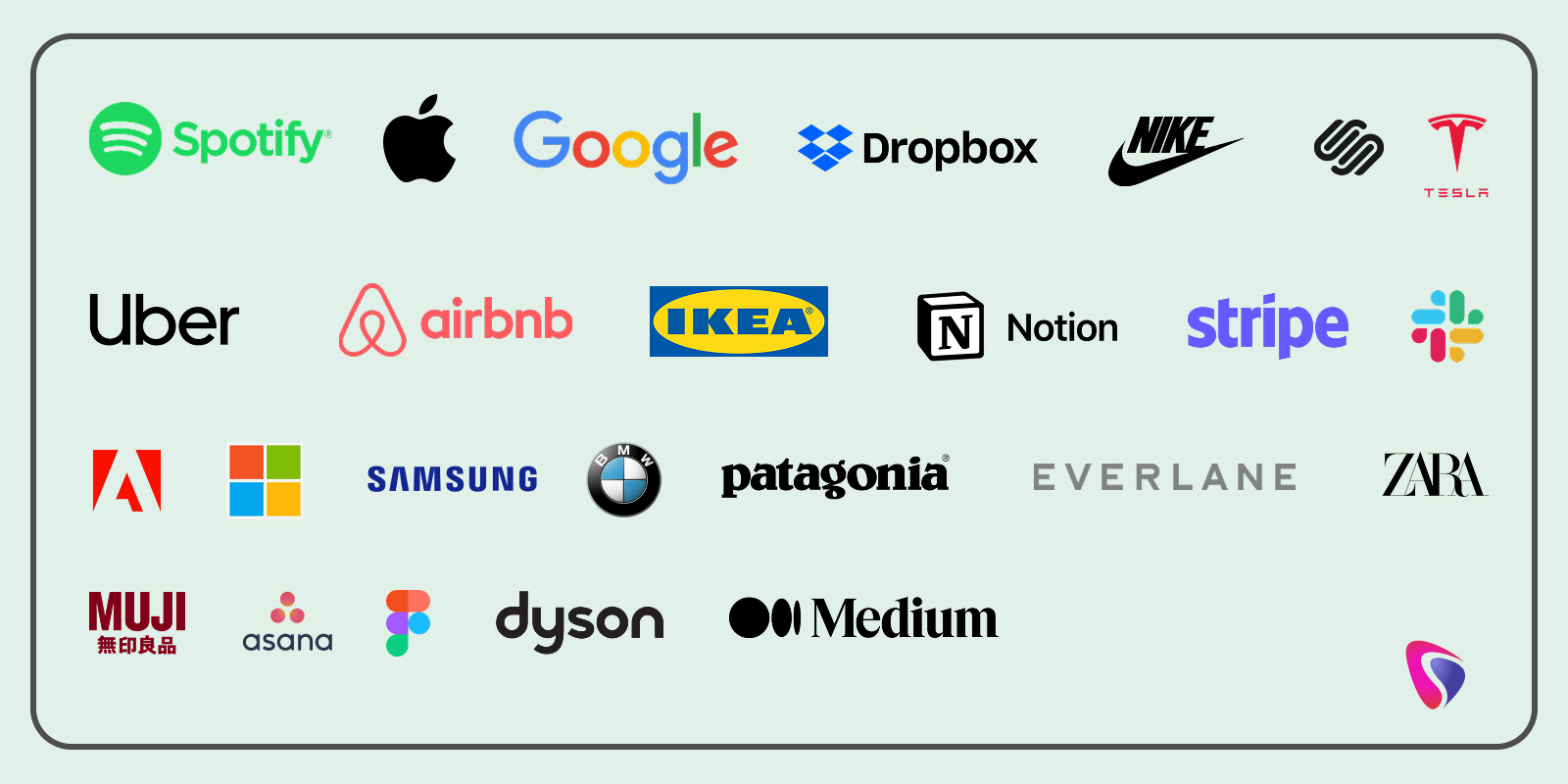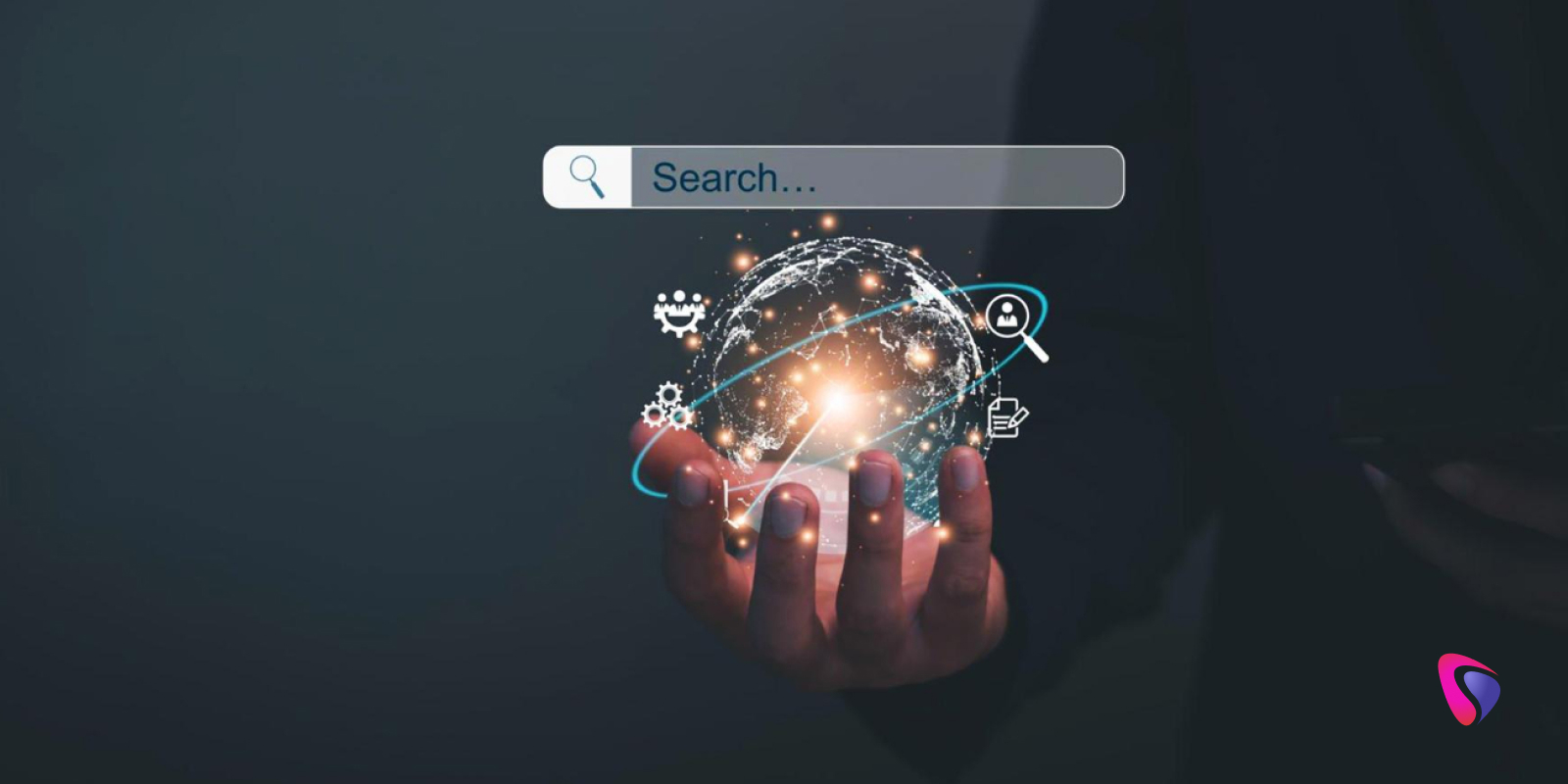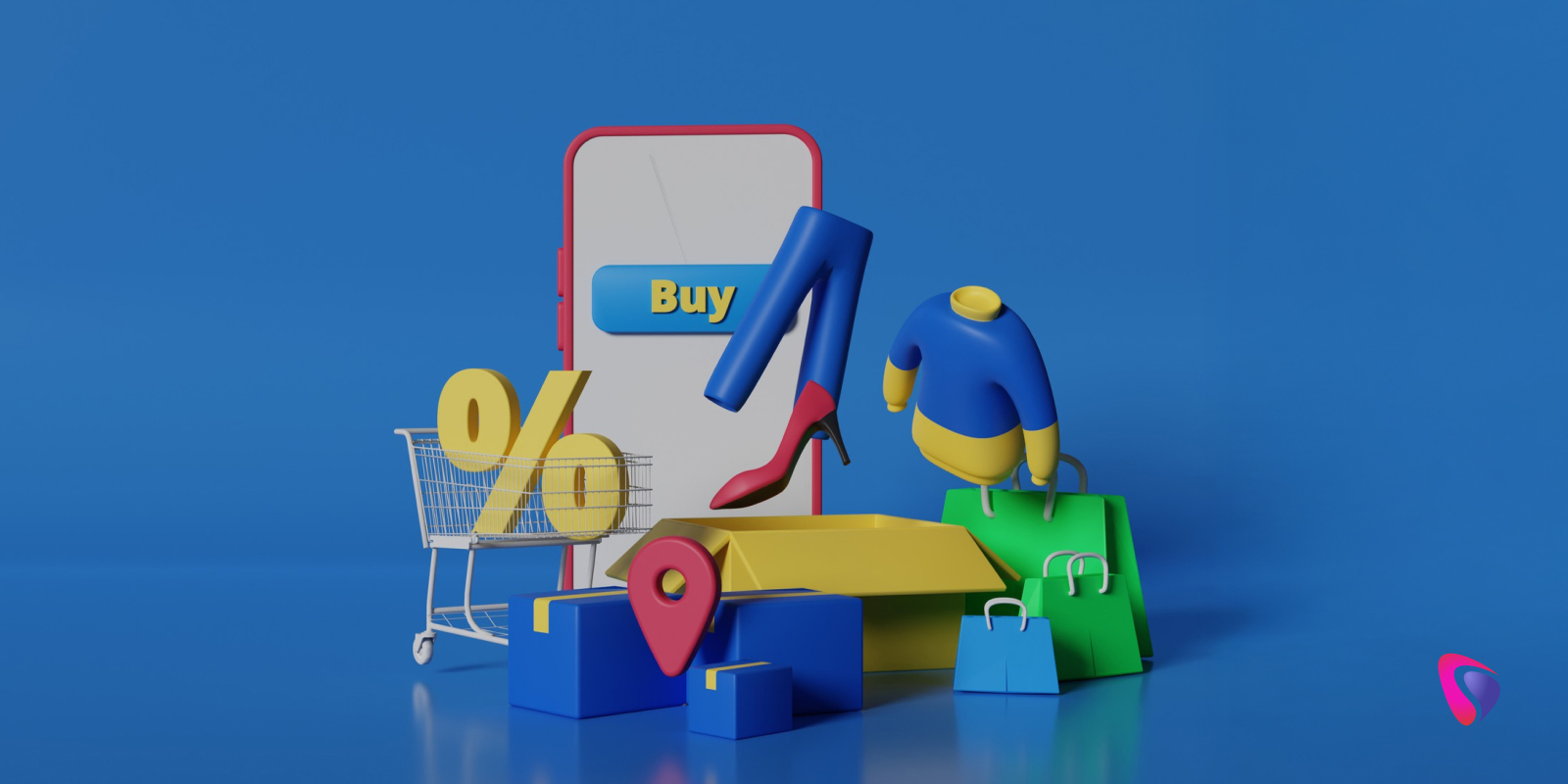
Introduction
In 2025, programming has gained way more potency than before but has become increasingly difficult to learn and implement. Whether you're a fresher just getting started or a seasoned professional, changing technology trends always keep you on your toes. While some say you're bluffing programming ain't that hard, but right now the Google search is completely flooded with questions like is programming really that hard, why learning programming is hard, and believe it or not, what is programming? Tech influencers and those lengthy podcasts are all spilling things about how learning that one AI tool or that Excel masterclass will take your in-hand income to six figures within a few months, but how many really buy into that?
So let's commence this article with one goal: make learning programming easier. For starters, understand one thing: writing code is the easiest part. However, programming is more than just writing or producing code; it also requires rigorous logical reasoning, a complete understanding of both the problem and the tools, and, eventually, problem-solving. The true crux of why programming is hard is most people lack the developer mindset or even a development mindset. Majorly, acquiring the mentality is much more difficult than the code. Learning to code is scary, and programming is scarier for any new person. It demands patience, continuous practice, and the right mindset. Some prominent hurdles that occur at the beginning of programming, like new syntax and debugging problems, could feel intimidating at first; but with time, access to high-quality resources, and utter perseverance, you can achieve them.
Whether you're looking for tips to help you learn programming, trying to understand the most challenging parts of learning programming, or comprehending why programming is hard, we're here to cover everything in this article. Basically, we believe that any newbie or experienced, anyone who's tenacious can learn programming and unlock new career opportunities. The average time needed to learn any new language from scratch with consistent practice could go from anywhere between 3 to 6 months. This involves garnering general knowledge of programming ideas and assembling small projects using beginner-friendly programming languages like Python or JavaScript. Developers who already possess knowledge and skills in spreadsheet experience, problem-solving, or logic, will find it quicker due to their adept capability for computational thinking. Before this, let's start with the ultimate question: What is programming?
What is Programming, and Why Programming is Hard?
Imagine you have to teach a machine how to prepare a fresh cup of coffee. You can't just say, "Make me some coffee right now!". You'll need to provide it with a specific set of instructions, like:
- Step 1- Go to the cupboard
- Step 2- Find the jar labeled coffee
- Step 3- Open the jar lid
- Step 4- Take out two servings of coffee using the spoon inside it
- Step 5- Add it to your mug
- Step 6- Next add hot water to the mug
- Step 7- Add 2 cubes of sugar into the cup
- Step 8- Stir the coffee with a spoon
- Step 9- Take the spoon out now
The instructions you just gave above are in technical terms called a program. A program is basically a collection of rules or actions that guide the robot to do exactly what you want and how you want it. Programs help in instructing a computer to accomplish a job in the same manner that a recipe guides you on how to prepare a dish. Every programming language resembles different languages, like the way you speak English, Spanish, or Japanese; the computer understands multiple particular languages like Python, Java, or JavaScript. Using these languages you provide instructions to your computer, and it executes your task. Programming basically encompasses breaking down a task into smaller, more effortless portions and then constructing code to train the machine how to complete each step.
Why Programming is Hard?
Some of the reasons people feel like why programming is hard and difficult to learn are:
Complex Syntax and Jargon
Programming languages have very distinctive “grammar” and technical terms that could be termed as daunting. To eliminate it or reduce it, you can start with Python, which's a pretty beginner-friendly language.
Steep Learning Curve
Programming is the amalgamation of learning syntax, debugging, and problem-solving into one space. Initially, it could feel overwhelming, but with consistent practice, it becomes comparatively easier.
Debugging Frustration
Minute errors, like even a misplaced semicolon, will suddenly stop your progress. It’s important to learn from your mistakes rather than getting frustrated and giving up.
Overwhelming Language Options
There are over hundreds of languages for developers to choose from, but deciding how and where to begin could be overwhelming. Decide a goal first and then choose the pros and cons to decide learning a language.
Lack of Community or Mentorship
Make learning programming easier by joining multiple online forums or local groups to unlock a treasure trove of support and guidance.
What Are the Most Challenging Parts of Learning Programming- Technical Challenges, & more
Programming languages are available in abundance, but challenges with learning and advancing keep popping up every now and then. Let's break down the common struggles associated with programming:
Overwhelming Concepts and Terminology
Programming churns out a slew of new concepts and vocabulary, like loops, recursion, APIs, and frameworks. This can be easily confusing and overwhelming for anyone who's new to coding and programming in general. The abstract nature of these concepts can easily be difficult to understand without actual application. The sheer volume of knowledge that newbies are expected to assimilate will overwhelm them, get frustrated, and experience feelings of inadequacy. Uncomplicating general concepts and focusing on real-world examples might assist in clarifying technical terminology.
The Steep Learning Curve for Beginners
The path towards learning programming feels like an exhausting trek due to its nonlinear progression. Beginners in coding have to start by mastering computational thinking, syntax, and logic, which makes it difficult to build momentum. Tasks that might feel trivial to experienced developers, like, for example setting up an environment or understanding error messages, will take hours or even days for new developers to crack and solve. This level of steep learning curve often discourages new people from sticking to programming perseverance when the results become slow or confusing.
Debugging: A Test of Patience and Logic
Debugging is the most crucial yet challenging part of programming. Detecting and remedying errors demands incredible patience, strong problem-solving skills, and a keen eye for detail. The irritation of dealing with unexpected bugs or cryptic error messages is pretty mentally draining, especially if you’re just getting started with programming. Although it’s important to remember that mastering debugging not only builds confidence but also sharpens skills of analysis and shapes you smart for future challenges.
Environmental and Learning Factors
Lack of Proper Guidance or Mentorship
Without a mentor or sufficient instruction, students might feel lost in the huge world of programming. A lack of planned learning routes can result in confusion, inefficiency, and even burnout. Mentorship gives guidance, individualized feedback, and incentives, all of which are extremely useful when dealing with complicated subjects. In its absence, students may spend hours tackling difficulties that might be resolved swiftly with expert assistance.
Poor Selection of Resources or Tutorials
The availability of Internet programming materials may be both a benefit and a disadvantage. Many tutorials presume prior knowledge or miss essential details, leaving students bewildered. Others are old or incomplete, making it difficult to comprehend current industry norms. Choosing the wrong resource can waste important time and impede development, underscoring the need for properly selected, high-quality learning resources.
Impractical Expectations and Timelines
Many novices start programming with unreasonable expectations, such as learning a language in a few weeks or developing complicated software overnight. These timeframes are frequently driven by excessively optimistic internet success tales. When reality doesn't match expectations, learners may feel discouraged or give up entirely. Setting attainable objectives and appreciating little victories might help you stay motivated throughout the learning process.
Technical Challenges in Programming
Technical challenges are also one of the biggest reasons why learning programming is hard. Let's understand the core problems leading to this.
Understanding Syntax vs. Problem Solving
Knowing about grammar is easy, but using it to solve real-world situations is way more challenging. Freshers or junior developers frequently focus primarily on remembering grammar but have no knowledge about how to build solutions rationally. This divide makes it problematic to deliver the shift that comes between theoretical understanding and actual application. Bridging this gap requires you to constantly practice and put primal emphasis on problem-solving strategies over rote learning.
Tackling Complex Algorithms and Data Structures
Algorithms and data structures are very important components of effective programming, yet they can be mentally exhausting to learn and understand owing to their abstraction. Concepts such as sorting algorithms, tree traversal, and dynamic programming more often than not need accurate mathematical reasoning and complex logic, which again becomes like a difficult task to perform. Laying down a solid foundation in these peculiar areas is essential for timely addressal of real-world issues and progressing steadily in your programming career.
Navigating Version Control and Collaboration Tools
Popular version control systems like Git and other digital collaboration platforms like GitHub are a very important part of modern programming but are extremely perplexing for newcomers. Understanding the major concepts, such as branching, merging, and resolving disputes, converts into an additional level of complexity, especially if you’re someone who’s completely inexperienced with team processes. However, knowing these technologies is required for participation in collaborative projects and effective code management over time.
The Role of Mindset in Learning Programming
When it comes to programming, having a developer and development mindset is a very crucial component. It influences how learners deal with failures, tackle problems, and celebrate their achievements. Having a positive attitude and mentality toward programming promotes resilience, pushing people to view setbacks as learning opportunities instead of having failure again while eliminating their fear. Programming often requires sophisticated problem-solving and debugging, which becomes practically impossible without a growth mindset. Cultivating curiosity, adaptation, and patience can help you make this journey more enjoyable and doable. Having the right perspective helps learners stay motivated, embrace experimentation, and persevere confidently with the inexplicable challenges of developing coding skills.
Impostor Syndrome and Self-doubt
Impostor syndrome can be considered a classic hurdle in programming, particularly among people who’re just thinking about starting programming and even experts who’re deciding to switch to advanced levels. It starts by rising as a feeling of inadequacy, in which people constantly start questioning their talents despite there being proper evidence of competence that suggests having potential. These sentiments are then further frequently triggered by the introduction of modern technologies, new languages, the rapid growth of technology, comparisons with more experienced peers, or even the inevitable steep learning curve associated with coding. Once you realize the irrationality of imposter syndrome, you start to enjoy modest victories, and focusing on continuous growth are all steps toward overcoming this syndrome. You can also enhance your learning journey by seeking mentoring or joining supportive networks that will further help you overcome self-doubt and boost confidence in programming abilities.
Fear of Failure and Experimentation
Programming is fundamentally an iterative process that always demands constant trial and error to reach desired outcomes, even if you’ve been doing it for years on end as a professional. Having a scrutinous fear of failure will definitely hinder your creativity and deter you further from trying out new ideas or solving any difficult challenges that come along the way. This concern is sometimes caused by perfectionism (it’s all in your head) or a lack of familiarity with certain coding topics. Overcoming it involves changing your perspective of failure as a vital step toward progress or a redirection toward learning. New programmers should view debugging and issue-solving as learning opportunities to expand their growth. People who adopt a tenacious mentality that emphasizes progress over perfection shall reduce anxiety and foster a more experimental approach to programming.
Importance of Growth Mindset
A growth mindset, or the attitude that abilities and intellect can be developed with effort, can have a substantial influence on programming success. This perspective enables students to see setbacks as chances to grow rather than insurmountable barriers. It encourages people to persevere in the face of adversity, seek constructive comments, and strive for continual improvement. A growth mindset encourages learners to experiment with new technologies, ask questions, and develop the resilience required to handle hard coding issues. This approach elevates programming from a burdensome chore to an exhilarating adventure of lifetime learning and self-improvement.
How to Start Learning Coding? Guidance to Help You Learn Programming
Being skilled in coding is a long process that requires regular effort and practice. You will improve your coding skills as you practice more. Here are some actionable strategies to help you become an experienced programmer:
Find a mentor
A code mentor may offer useful comments, guidance, and support throughout your learning journey. They assist you in avoiding frequent traps, solving code problems, and understanding industry requirements. Mentors may also help you build soft skills like cooperation and communication, which are essential for professional success.
Create a Portfolio
Showcasing your work is critical for professional growth. A robust programming portfolio should include the following:
- About me: Highlight your programming experience, personal interests, and necessary qualifications.
- Projects: Display coding projects that are related to the positions you're looking for.
- Contact Information: Include your email, phone number, and LinkedIn or GitHub accounts. Update your portfolio with new projects as you learn and progress.
Choose a specialty
Concentrate on your areas of interest, such as app development, web development, software engineering, cybersecurity, or hardware programming. Each expertise may need learning particular high-level languages, so select based on your objectives.
Work on side projects
Work on your own projects outside of class to get coding experience. These projects provide you the opportunity to put your abilities to use in real-world circumstances while also learning more about programming ideas.
Develop soft skills
Beyond technical capabilities, concentrate on your time management, problem-solving talents, creativity, teamwork, and communication. Strong soft skills promote teamwork and enable you to flourish in professional settings. With effort, real-world projects, and an emphasis on both technical and soft skills, you'll progressively enhance your programming knowledge and career.
How to Grow Programming Skills: Resources & Tips for Learning Coding
Growing programming abilities necessitates an organized strategy that incorporates a variety of tools and constant practice. Beginners can begin with interactive platforms such as Codecademy, freeCodeCamp, or LeetCode for hands-on training. More advanced learners can get in-depth information through books, video lessons, and official documentation. Building small projects and participating in open-source efforts facilitates the application of principles to real-world circumstances. Joining coding forums and attending hackathons encourages peer learning and networking. Furthermore, creating healthy habits such as regular coding practice, setting attainable objectives, and remaining current with industry trends assures ongoing progress and mastery of programming abilities.
How Long Does It Take To Learn Coding?
The time needed to learn coding is completely up to the goals of the learner, their level of commitment, and previous experiences. Any primary skill in a programming language, like, for example, Python or JavaScript, necessitates an easy need of 3 to 6 months of constant study and practice. However, if you wish to develop intermediate abilities to construct effective projects, the timeline could differ from anywhere between 7 and 14 months. While the advanced level of competency that entails system architecture, data structures, and comprehending algorithms demands years of continual learning and practice. This timing is again influenced by factors like programming domain complexity (for example, web development vs. machine learning) and quality of resource. Regardless of the duration, a commitment to continual learning is always a brownie point, as technology and programming paradigms are always improving.
Conclusion
In the end, the answer to why learning programming is hard entails a myriad of answers and reasonings among all developers. With programming, it's crucial to remember that precision is the key, and since computers are extremely literal, your directions should be crisp, simple, and error-free. Another thing that's part of the developer mindset is the ability to possess a problem-solving skill, i.e., determining the most efficient and effective solution to a problem. Starting with programming could also be steered up further by using your imagination to devise novel and creative solutions to recurring problems.
Programming is inextricably tied to discipline since its unlimited concepts and cryptic terminology necessitate tenacity comparable to presenting an exam. But even though it's a challenging segment, it's also one of the most gratifying talents, once you've mastered the basics and a universe of opportunities is knocking up your door. Programming will help you get started in building your own software, constructing websites, applications, or even AI systems. One such useful tip to help you learn programming is the new-age article segment introduced by Hyperlink InfoSystem.
Since our inception in 2011, Hyperlink InfoSystem has strived to solidify its position as a top app development firm across the globe. Excelling in mobile app development, software development, and web app development, the company heavily fosters a culture of learning, innovation, and continual upskilling. Whether you need to hire app developers, hire dedicated developers, hire Java developers, or hire software developers, our flexible module provides an engineer for all your needs. Being a reputed software development company, Hyperlink InfoSystem believes in utilizing the best technology trends and technology stack to effortlessly tackle the most challenging parts of learning programming. Our blogs and articles are filled with resources and content that could serve as tips to help you learn programming.
FAQs
Q- Is coding the same as programming?
Ans- Coding and programming can be considered closely relevant, but they aren't actually the same. Coding is basically generating or writing instructions inside a programming language, whereas programming involves the steps included in creating algorithms, functional software development, and problem-solving. You can say that coding is a subset of programming.
Q- Why is it so hard to become a programmer?
Ans- One of the most challenging parts of learning programming is understanding the rules of grammar and syntax of the particular language you're working with. Whether it's C++, Java, or Python, every language has its own stringent set of grammatical rules that need to be followed properly for the best results.
Q- What is the hardest thing in programing?
Ans- Some of the hardest things in programming are:
- Dealing with historical databases without referential integrity
- Delivering estimates
- Thread administration and synchronization
- Disregarding the unit test coverage
- Threading
- Setting up and configuring a new language, library, or environment
Q- Which programming is difficult?
Ans- C++ holds a huge reputation among technology trends and is also a part of the question—is programming really that hard? It is without a doubt one of the most difficult languages to learn. C++ holds an extremely complex syntax and manual memory management that could prove to be a real hassle for many.
Q- What is the hardest part of being a programmer?
Ans- The intricacy or complexity of the topic segment, and one of the most difficult aspects of a programmer's work is the breadth and depth of the particular arena where they build software. Every sector has a distinguishable set of requirements, standards, and user anticipations, making the development process extremely difficult.


















